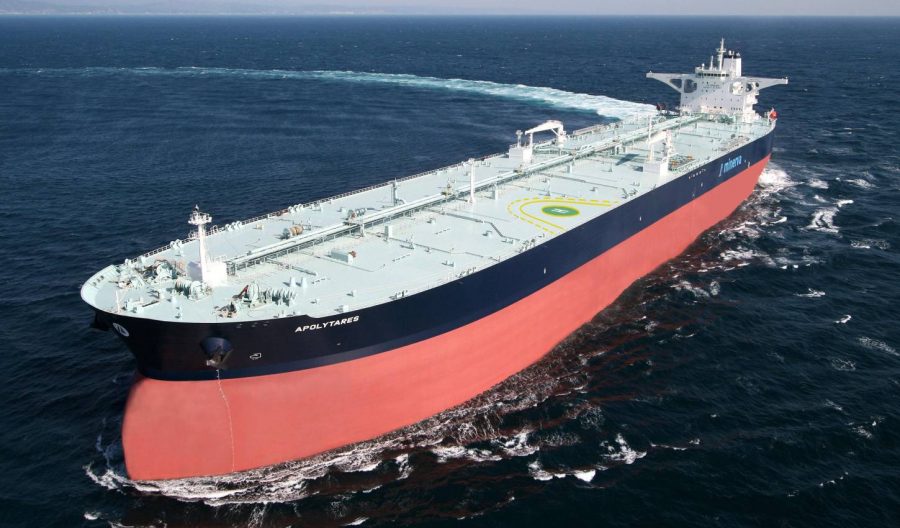OVERALL AIM
The overall aim of the Training Course is to help the participating Deck and Engine Officers to obtain the necessary knowledge to effectively comply with the applicable requirements of MARPOL 73/78 and other International Conventions and Regulations.
It has been designed according to the IMO Model Course 1.38 “Marine Environmental Awareness” 2011, to present the most important operational requirements of all MARPOL 73/78 Annexes, the International Convention on Ballast Water Management, the US EPA Vessel General Permit and the Hong Kong Ship Recycling Convention, as well as, the basic principles of the ISO 14001 Environmental Management System.
LEARNING OBJECTIVES
The Trainees, on completing the course, will be able to:
- Fully understand the permissible discharges and emissions according to MARPOL 73/78 and other International Conventions.
- Effectively comply with the pollution prevention requirements, and observe the required procedures of the company for monitoring the respective shipboard operations.
STCW COMPETENCES PROMOTED BY THE TRAINING COURSE
- Sections A-II-/1, A-III/1 and A-III/6
Competence: Ensuring compliance with pollution prevention requirements under the Function “Controlling the operation of the ship and care for persons onboard at the Operational Level.
- Chapter VI
Competence: Take Precautions to prevent pollution of the marine environment, as part of the basic safety training of Chapter VI.
